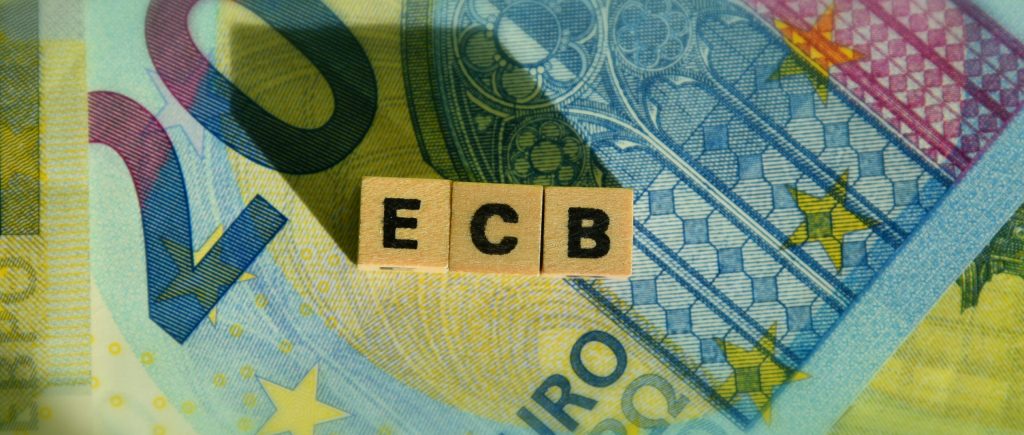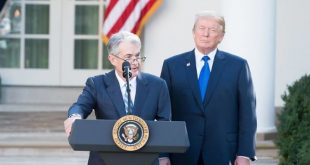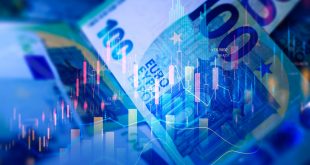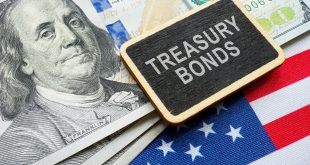As global markets brace for the impact of proposed U.S. tariffs under President Donald Trump’s administration, an unexpected player has emerged as a beacon of stability: the euro. Investors, rattled by the uncertainty of trade disruptions, are increasingly turning to the European currency, traditionally overshadowed by the U.S. dollar in times of crisis. This shift raises a compelling question—what makes the euro a safe haven now, and can it sustain this newfound status? The answer lies in a combination of economic resilience, geopolitical dynamics, and market psychology, all converging to reshape global financial flows.
The prospect of sweeping tariffs, targeting imports from China, Europe, and beyond, has sent shockwaves through markets. Trump’s campaign promises, including tariffs as high as 60% on Chinese goods and 10-20% on others, threaten to upend global trade. Such measures could spike inflation, disrupt supply chains, and weaken currencies exposed to U.S. trade reliance. Yet, the eurozone, despite its own vulnerabilities, appears less directly targeted than other economies. Analysts note that Europe’s diversified trade portfolio and domestic consumption provide a buffer, making the euro a relatively stable bet. Unlike emerging market currencies or even the dollar, which faces inflationary pressures from tariff-driven price hikes, the euro offers a degree of insulation, drawing investors seeking refuge.
Europe’s economic fundamentals further bolster the euro’s appeal. While growth in the eurozone remains uneven—Germany’s industrial slowdown contrasts with southern Europe’s resilience—inflation has stabilized closer to the European Central Bank’s 2% target. The ECB’s cautious approach to rate cuts signals confidence in managing economic headwinds, contrasting with the Federal Reserve’s tighter balancing act amid U.S. tariff risks. Moreover, the eurozone’s current account surplus reflects underlying strength, supporting the currency’s value even as global demand wavers. For investors, these factors paint the euro as a pragmatic choice, less prone to the volatility engulfing other markets.
Geopolitical factors also play a pivotal role. The eurozone, while not immune to transatlantic tensions, benefits from its political cohesion compared to fragmented emerging markets or a polarized U.S. The absence of immediate existential threats—like those posed by Brexit or the 2010 debt crisis—enhances the euro’s credibility. Meanwhile, China’s yuan faces constraints from capital controls and trade war fears, leaving the euro as a viable alternative for portfolio diversification. Hedge funds and central banks, wary of overexposure to the dollar, are reallocating reserves, with the euro gaining ground as a counterweight in an uncertain world.
Yet, the euro’s safe-haven status is not without risks. A full-blown trade war could drag Europe into recession, especially if Trump’s tariffs target key industries like automotive exports. Political fragmentation within the EU, from France’s budget disputes to Germany’s coalition woes, could undermine confidence. The euro’s rise also hinges on market sentiment, which can shift rapidly if U.S. policies stabilize or escalate unpredictably. For now, though, the currency’s steady climb reflects a rare moment of trust in Europe’s economic framework, challenging the dollar’s dominance in times of turmoil.
In this era of tariff-induced uncertainty, the euro’s emergence as a safe haven underscores a broader realignment in global finance. Investors are hedging against chaos, and Europe’s currency, once a symbol of integration struggles, now embodies resilience. Whether this trend endures depends on the ECB’s stewardship, the EU’s unity, and the unpredictable trajectory of U.S. policy. One thing is clear: the euro is no longer just a regional currency—it’s a global contender in a stormy economic sea.

 Noor Trends News, Technical Analysis, Educational Tools and Recommendations
Noor Trends News, Technical Analysis, Educational Tools and Recommendations



